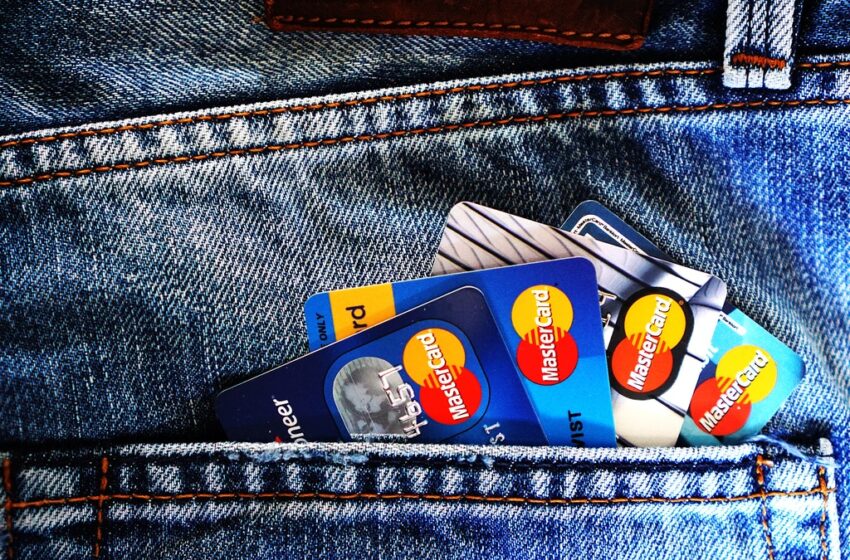Guide: How Many Credit Cards Should You Have?
The total number of credit cards you should have depends on your personal financial situation and circumstances. For some, one or two cards could be the right answer. Others may need three or four cards to optimize their rewards or save money on interest charges. Here are some tips for choosing the right number of credit cards.
Apply for Another Card if Your Credit Has Improved
If you’re wondering whether it’s time to get another credit card, take a look at your credit score. Has your credit score been improving over the years, or has it taken a hit? If your credit score has come down in the recent past, you’ll want to focus on managing your finances better, and that means you’re better off sticking to one card. However, if you have above-average credit that has been steadily increasing, you can consider getting another credit card.
Make Sure You Can Manage One Credit Card Account Effortlessly
When it comes to growing your credit card holdings, you want to keep yourself in control. If you’re, at present, not paying your bill on time or are carrying a balance that’s close to your credit limit, adding more cards will make it harder for you to manage them properly and build a strong score. So, use one card and pay your bill in full each month. Only open more than one account if you are not carrying a balance and have at least 12 months of history with your first card.
Consider Asking for An Increased Credit Limit
Over the course of your financial life, you may find yourself wanting or needing a little more spending power than you currently have with your credit card. If that’s the case, you may want to ask your current credit card company to increase your limit. This may be a better choice than getting yet another credit card.
Wait Six Months Before Applying for A New Credit Card
The more new credit inquiries that you have on your report, the more it can weigh on your credit score. If you just got a credit card, it’s best to wait six months before opening a new account to make sure it doesn’t negatively impact any upcoming financial plans you might have, like buying a car or home.







